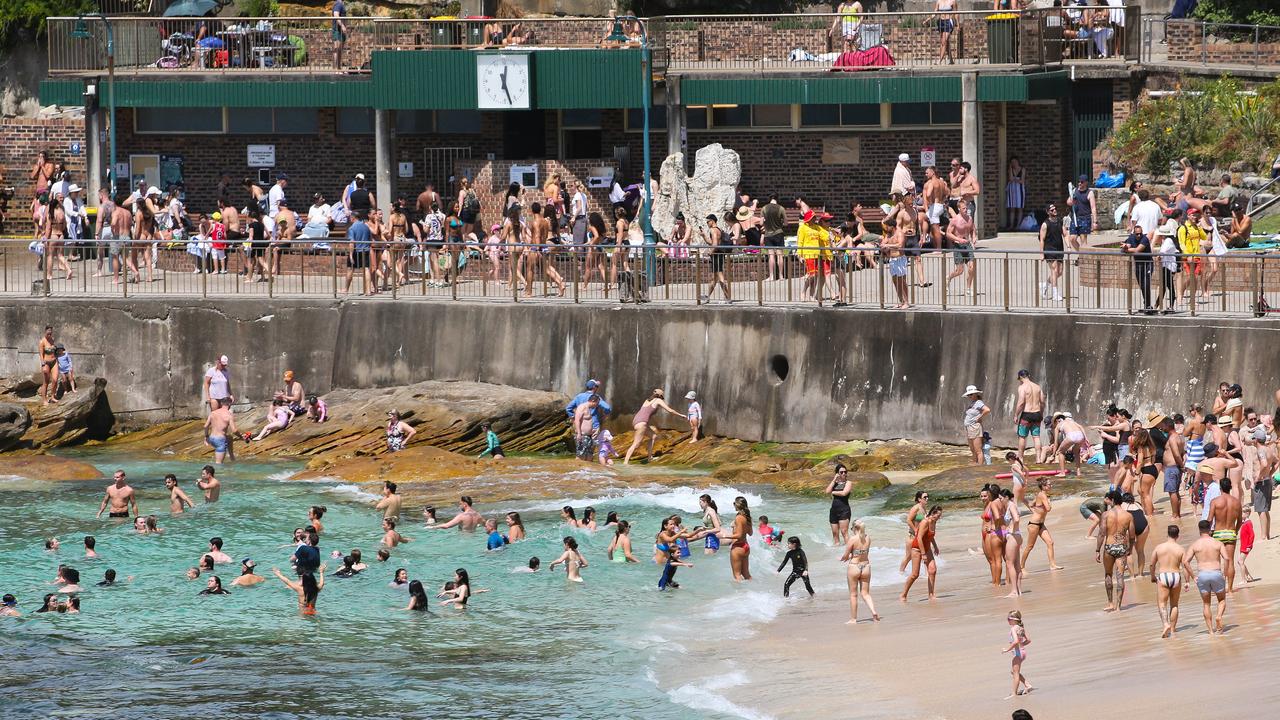Big warning for Aussies on cruises this summer over ‘little-known rule’
Cruising is back this summer in Australia, with travellers warned they need to be aware of a “little-known rule” or risk hefty out-of-pocket costs.
Cruising is back this summer in Australia but it comes with a warning.
With government-mandated Covid measures now scrapped on cruises, and both Disney Cruise Line and Richard Branson’s Virgin Voyages coming to Australia for the first time – Aussies are ready to hit the seas again.
But there is a “little-known rule” that could catch out travellers.
Australians are not covered by Medicare and general private health insurance when on a domestic cruise – even in Australian waters.
Doctors working on cruise ships don’t need Medicare provider numbers, which means if they treat you, you can’t claim on Medicare or your private health insurance.
To be covered for medical costs at sea, Australians need either international travel insurance that covers domestic cruises or a specific domestic cruise policy, not just standard domestic travel insurance.
A spokesperson for the department of foreign affairs and trade told news.com.au Smartraveller, the government’s travel advice website, urges Aussies to make sure they choose a travel insurance policy that covers cruises, as well as any onshore activities.
“Some cruise ships will not permit passengers to board without cruise-specific insurance,” the spokesperson added.
Compare the Market travel insurance expert Adrian Taylor warns repatriation and emergency evacuation are “incredibly expensive” and travellers should consider if they could afford the costs out-of-pocket if something went wrong.
“Many people may be under the assumption that the usual protections of Medicare and health insurance will cover them when they’re on board a cruise that isn’t technically leaving Australian waters, but this actually isn’t the case,” he told news.com.au.
“In fact, as soon as your cruise leaves an Australian port, you’d be responsible for any fees associated with things like medical assistance and medical evacuations unless you have travel insurance with cruise cover.”
He said cruising may seem like a low-risk holiday, but there was plenty that could go wrong.
“The confined spaces on board cruise ships mean that you’re at a heightened risk of contracting illnesses like influenza, Covid-19 and Gastroenteritis,” he said.
In addition to medical costs, cruise-specific insurance can cover cancellations, delays or rescheduling fees, lost or stolen luggage, or even cabin confinement.
“Also be aware that cruise cover does vary between insurance providers, so carefully check the Product Disclosure Statement for a full list of inclusions, exclusions, terms, conditions and limits,” Mr Taylor said.
Princess Cruises’ Grand Princess ship was at the centre of a dual Covid-19 and gastro scare in Australia just this week.
“The unexpected can happen anywhere and at any time on a cruise,” Mr Taylor said.
“If you were to fall ill at sea and required a medical evacuation or specific medical care, cruise cover may help foot these bills.
“If bad weather caused your cruise to avoid docking at a destination, you may be covered for any missed ports on your trip. Or, say you didn’t make it to your cruise on time and missed the departure, you may be covered for the cost of getting on at the next port.”
The Australian Health Protection Principal Committee decided there was no longer a need for Covid-19 specific recommendations and guidance to apply to the cruise industry in August this year.
Covid-19 will be managed like other common communicable diseases.
However, AHPPC maintained there is a higher risk on-board cruise ships than in the general community “due to the high numbers of people mixing in relatively closed spaces, and the typically longer duration of cruises compared to other transport”.






